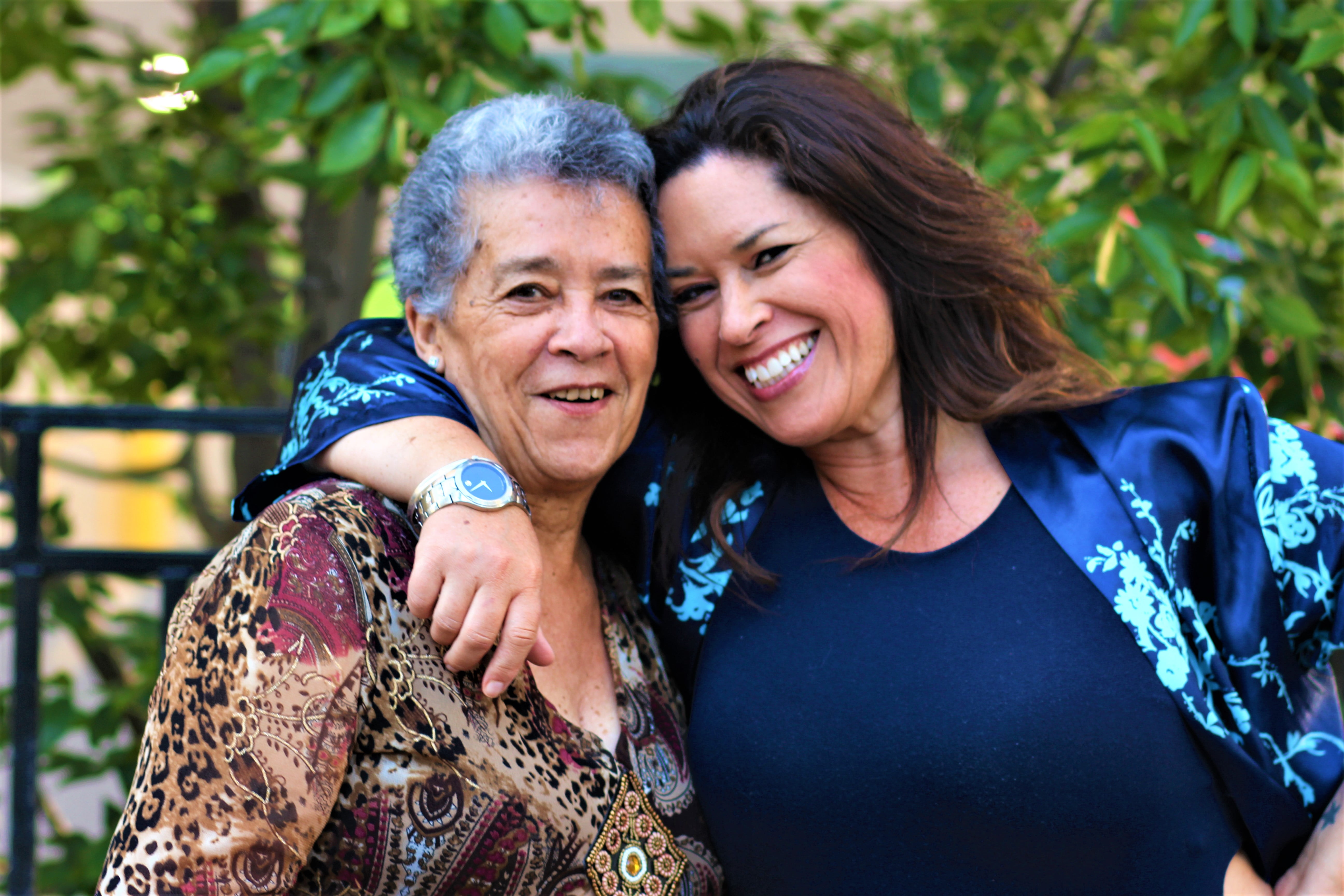
Black History Month | The Skin We’re In | Jacqueline Biollo, MBA, ICD.D
Racial oppression, systemic racism, profiling, and so much more. The Skin We’re in is a CBC Documentary
by acclaimed director Charles Officer. Following celebrated journalist Desmond Cole, Officer weaves a
story of a consistent struggle to keep the public aware of communities where specific populations of
people are still somewhat segregated, and people of colour still don’t feel equal.
I took the opportunity to show a group of university students this 45-minute documentary. I asked them
to focus on how they felt as they watched it and identify with whom they might be or what they might
do similar events as they unravelled in the documentary.
The students are from varied backgrounds. Not only culturally but academically as well. The following
excerpts are from their impressions and interpretations and represent a summary of the thoughts and
comments compiled as part of a Communications class and a Human Resources Management class.
Some students spoke of the Black Lives Matter movement, while others tried to expand on their
understanding of the word systemic racism, equity, diversity, and inclusion. Some offered comparisons
to the importance of education, news media exposure, and the availability of support systems necessary
to build a society that is more just and equal.
The overarching sentiment was that many did not realize that racism was a big thing in Canada. They felt
this was much more of something Black’s experience in other parts of the world, especially the United
States of America. Still, it brought cause and importance to exposing the struggles of minorities so that
others understand the need for change. Students suggested we need more empathy and respect in a
world where many still do not feel equal and safe, and some feel subjugated, vanquished, and
oppressed.
Students saw this documentary’s link to, and the importance of, displaying how racism shouldn’t be
taking place in any part of society, especially in the workplace. Further, the need to highlight the
shortcomings in our justice system and how we need to understand where cultural biases come from to
make the world more inclusive and willing to embrace each other’s diverse backgrounds.
“We need to hold humanity to a higher standard”, said one student. What are you doing to face the
uncomfortable truth that “people are being robbed of an equal chance to succeed based on skin color
and culture,” said another student. One student pondered that if “We have ethics to protect even a tiny
little butterfly, why not think about a life of a human being?”.
Profound words from young minds. “One by one, we can stand against harassment and support our
fellow people…”. Answer the call to action from the students and ‘find an opportunity to adapt your
surroundings and give equal opportunity so that everyone feels welcome, and we can balance the terms
of humanity’. Thank you.
Reference: https://youtu.be/msoBTIv1VqM
About Jacqueline Biollo
Jacqueline Alethea is of a mixed-race background. Her mom was born in Cuba and raised in Jamaica. Her dad was born in Ontario, with ancestral roots to M’Chigeeng First Nation. Alethea, the middle name of three generations, means ‘truth’. Jacqueline tries to embrace her cultural alignment through food and music but has yet to travel to as many ancestral locations as she would like. One of Jacqueline’s proudest stories is about the birth of her daughter, who was born with a Mongolian spot. This congenital birthmark is seen most commonly over the lumbosacral area and most commonly in individuals of African ethnic background.



